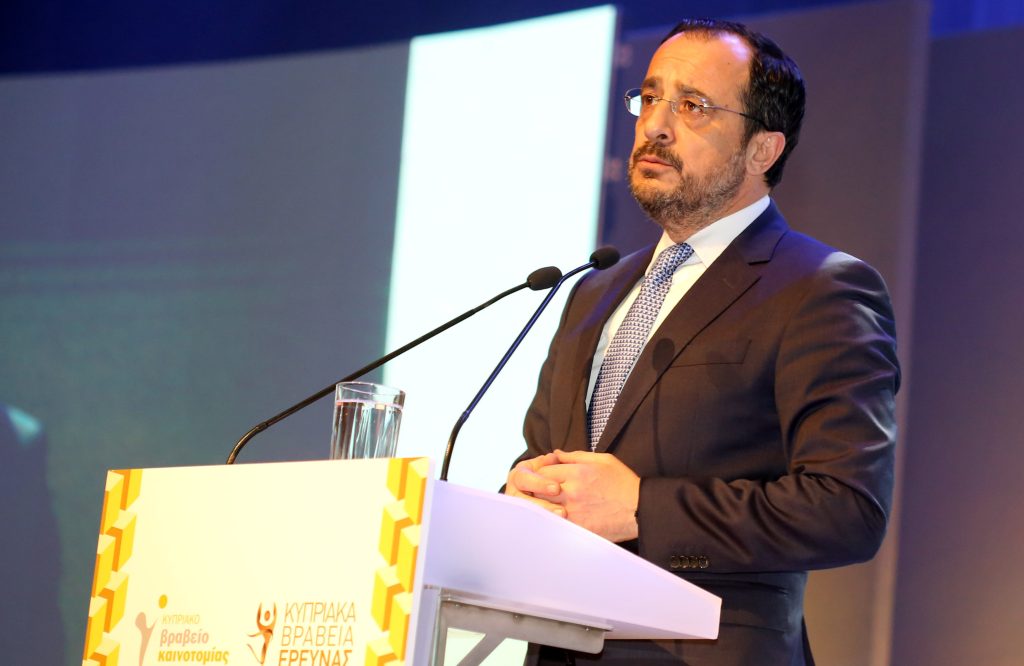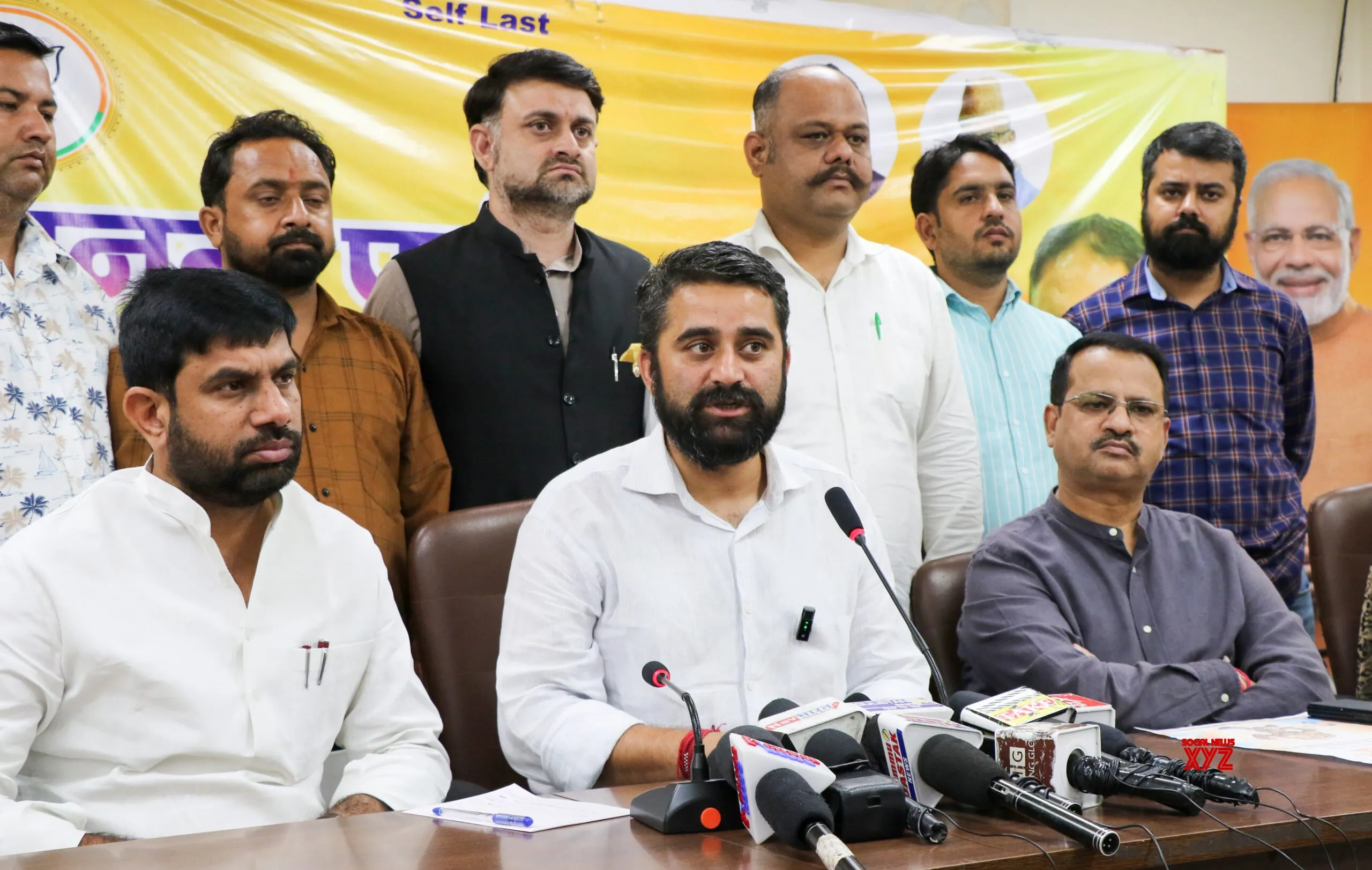By Blox Content Management,By Rosemarie D. Embile
Copyright mvariety

MONEY has always been more than paper bills or digits on a bank screen. Throughout the centuries, thinkers from every culture have used wealth as a means to test human character. Ancient scrolls and Asian proverbs may differ in language, but they echo a shared warning: when money rules the heart, society pays the price.
Old sayings caution that life is “more than an abundance of possessions.” The idea is simple but stubborn: when personal gain becomes the only yardstick for success, trust collapses. Today’s Philippine corruption scandal offers a vivid example. Investigators are probing thousands of government flood-control projects worth hundreds of billions of pesos for suspected overpricing, ghost contracts, and missing funds. Each peso diverted from real work is more than a bookkeeping error — it’s a breach of public trust that leaves communities exposed to deadly floods.
Many traditions describe wealth as something entrusted, not fully owned. Public budgets, company earnings, or family savings all demand careful management. The Philippine scandal shows what happens when that trust is broken. Citizens now call for transparent accounting, independent audits, and leaders who treat public money as a shared responsibility rather than a private purse.
Public money is not a private purse; it’s a shared responsibility.
Another timeless warning is that money, left unchecked, can become a silent boss. Decisions bend toward profit even when people suffer. Cutting corners on flood defenses, awarding contracts to cronies, or inflating prices may enrich a few in the short term, but the long-term costs — displaced families, ruined livelihoods—are borne by everyone else. The lesson is not anti-business; it is pro-balance. Profit should reward good work, not replace human judgment.
Lessons that refuse to expire
Ancient critiques of “dishonest scales” sound strikingly like today’s debates over fair pay, labor rights, and corporate responsibility. The vocabulary changes, but the stakes remain the same: integrity in economics is not a passing trend. It is the foundation of a healthy society.
Across time and culture, the message is consistent. Whether running a government office, a corner shop, or a household budget, the challenge is the same — choose fairness over exploitation and accountability over greed. The Philippines’ unfolding corruption investigations is not just a local scandal; it is a reminder that the oldest moral debates still shape the fate of nations.
The author is a teacher at Northern Marianas International School.



